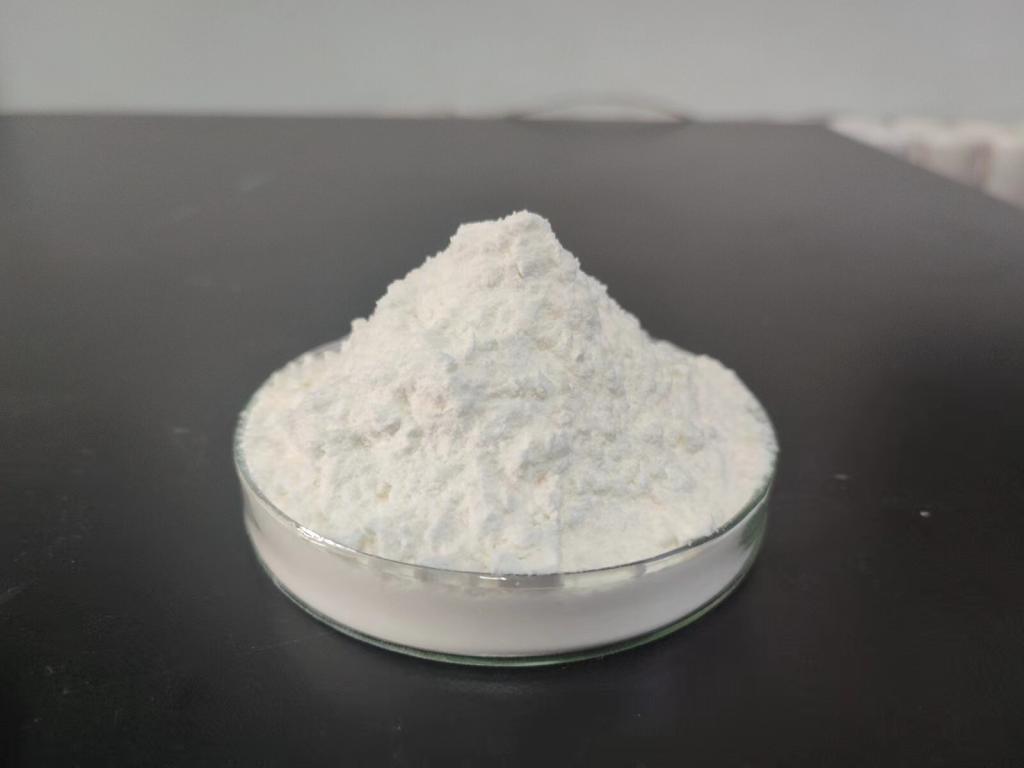Tel:+8618231198596

News
 CONTACT
CONTACT
 CONTACT
CONTACT
- Linkman:Linda Yao
- Tel: +8618231198596
- Email:linda.yao@dcpharma.cn
- Linkman:CHARLES.WANG
- Department:Overseas
- Tel: 0086 0311-85537378 0086 0311-85539701
News
ε-Polylysine hydrochloride's applications in preserving fresh-cut fruits and vegetables.
TIME:2023-08-09
Introduction:
Fresh-cut fruits and vegetables have become popular choices for health-conscious consumers seeking convenient and nutritious options. However, their perishable nature and susceptibility to microbial spoilage and enzymatic browning necessitate effective preservation methods. ε-Polylysine hydrochloride, a naturally occurring antimicrobial peptide, has gained attention as a potential solution to extend the shelf life and enhance the safety of fresh-cut produce.
Mechanisms of Action:
ε-Polylysine hydrochloride exerts its antimicrobial activity through multiple mechanisms:
Cell Membrane Disruption: ε-Polylysine molecules can penetrate microbial cell membranes, leading to disruption and leakage of intracellular components, ultimately causing cell death.
Protein Binding: The peptide can interact with microbial proteins, interfering with essential cellular functions and inhibiting microbial growth.
Enzymatic Inhibition: ε-Polylysine has been shown to inhibit the activity of enzymes responsible for browning reactions, helping to preserve the visual appeal and sensory quality of fresh-cut fruits and vegetables.
Applications in Fresh-Cut Produce Preservation:
Microbial Control: ε-Polylysine hydrochloride can effectively inhibit the growth of a wide range of spoilage microorganisms, including bacteria, yeasts, and molds. Its application can help extend the shelf life of fresh-cut produce by reducing microbial populations.
Enzymatic Browning Inhibition: The antimicrobial peptide also plays a role in preventing enzymatic browning, a common issue in fresh-cut fruits and vegetables. By inhibiting polyphenol oxidase activity, ε-Polylysine can help maintain the natural color and appearance of the produce.
Texture Preservation: Enzymatic browning often contributes to changes in texture and flavor. By minimizing browning, ε-Polylysine can help preserve the overall quality and sensory attributes of fresh-cut items.
Impact on Product Quality:
Extended Shelf Life: The antimicrobial and enzymatic browning inhibition properties of ε-Polylysine hydrochloride collectively contribute to prolonging the shelf life of fresh-cut fruits and vegetables, reducing waste and enhancing consumer satisfaction.
Visual Appeal: Enzymatic browning is a major factor that affects the visual appeal of fresh-cut produce. By maintaining the natural color and appearance, ε-Polylysine contributes to visually appealing products that attract consumers.
Flavor and Aroma: Enzymatic browning reactions can lead to off-flavors and aromas. ε-Polylysine's role in inhibiting these reactions helps preserve the fresh and natural taste of the produce.
Consumer Preferences and Safety:
Clean Labeling: ε-Polylysine hydrochloride aligns with consumer preferences for clean-label products, as it is a naturally derived antimicrobial peptide that provides an alternative to synthetic preservatives.
Food Safety: The antimicrobial properties of ε-Polylysine contribute to improved food safety by reducing the risk of microbial contamination and growth, particularly in ready-to-eat fresh-cut products.
Challenges and Considerations:
Dosage Optimization: Determining the optimal concentration of ε-Polylysine hydrochloride for different types of fresh-cut produce and processing conditions is crucial to achieve effective preservation without compromising product quality.
Regulatory Approval: The use of ε-Polylysine hydrochloride as a food preservative is subject to regulatory approval in different regions. Compliance with food safety regulations ensures its safe use in fresh-cut produce.
Conclusion:
ε-Polylysine hydrochloride holds significant promise as a natural and effective preservative for fresh-cut fruits and vegetables. Its antimicrobial and enzymatic browning inhibition properties address key challenges in preserving the quality and safety of these products. As the demand for convenient and minimally processed foods continues to rise, ε-Polylysine hydrochloride offers a valuable solution to extend shelf life, enhance visual appeal, and meet consumer preferences for safe and natural food options.
- Tel:+8618231198596
- Whatsapp:18231198596
- Chat With Skype







